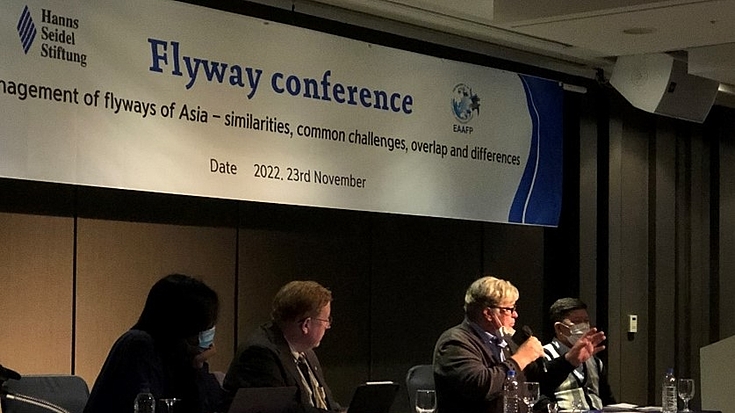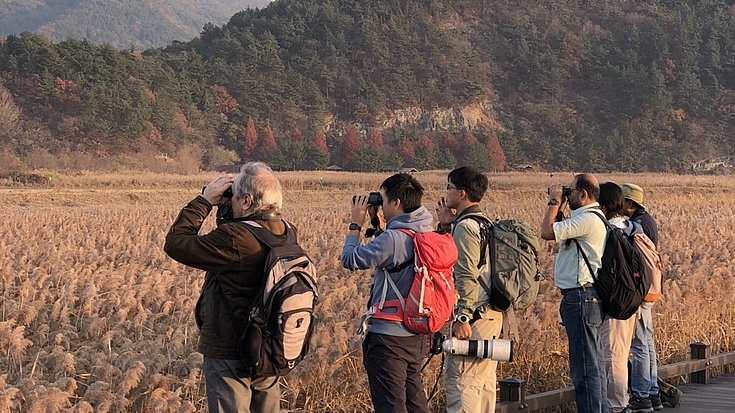Activity
Contribution of HSF Korea to the environment
As the UN Biodiversity Conference concluded in December this year to protect 30% of Earth’s lands, oceans, coastal areas, and inland waters by 2030, the role of the Hanns Seidel Foundation Korea, an international non-governmental organization has become increasingly important. Marco Lambertini, Secretary-General of the World Wide Fund For Nature(WWF) further emphasized its importance, stating, "This agreement is an important milestone in the preservation of the entire planet."
Biodiversity refers to the variety of living species on Earth, the diversity of the ecosystems in which they inhabit, or the diversity of genes in living organisms. Biodiversity is important because it is the answer to various challenges surrounding sustainable development and is the foundation for climate and health problems, food and water security, and sustainable livelihoods. Under this background, the Hanns Seidel Foundation's Korea office has been continuously carrying out activities for biodiversity preservation since 2015.

HSF Korea is carrying out various exchange and cooperation projects for the sustainable development of the Korean Peninsula and North-East Asia. Representatively, HSF Korea is working on the conservation of wetlands and international cooperation through the East Asian Australasian Flyway Partnership, Ramsar Convention on Wetlands, and others. These cooperative projects are meant to contribute not only to better nature protection but also biodiversity in the Korean Peninsula and Northeast Asia. This year, HSF Korea, EAAFP, and experts from the environmental field work together and focus on the Asian Flyway, also including the Central Asian and West Pacific Flyways. This partnership resulted from years of work in the field of biodiversity and sustainability.

Thus, based on these efforts and experiences, the Hanns Seidel Foundation's Korea office will continue to strive to preserve biodiversity in 2023.
